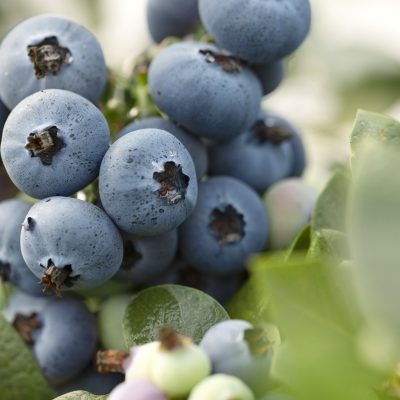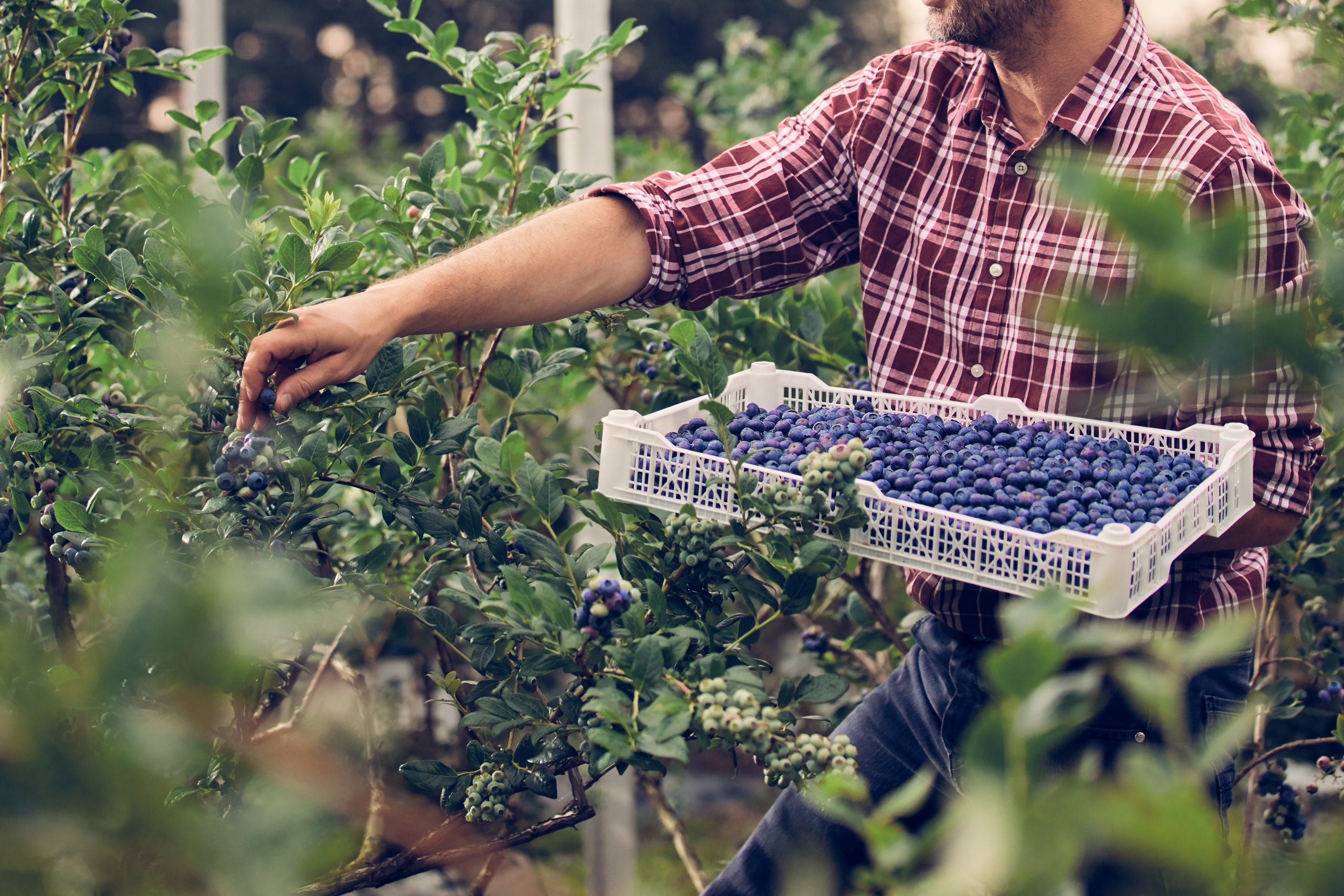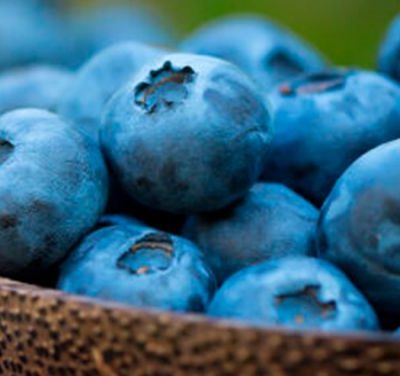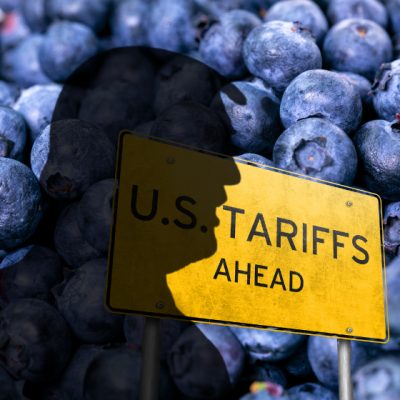Let’s sell berries through the “lens of the consumer”, says Driscoll’s
From evergreen production ensuring supply to a more targeted approach with supermarkets, multinational Driscoll’s is endeavoring to build longevity in the berry category. To achieve this on a global scale, the company created a global management team last year with each member given more decision-making abilities. One of them is Driscoll’s Europe, Middle East and Africa (EMEA) senior vice president Theo Houwen, who spoke with www.freshfruitportal.com during Fruit Logistica in Berlin.
“It sounds kind of simple to focus on product quality and superior eating quality. Somehow, not a lot in the industry have managed to do that in a very consistent way,” says Houwen, who places a lot of focus on growing berry consumption.
“We are not so interested in getting a bigger part of the pie – we are interested in making the whole pie bigger.”
He says building the category involves close work with retailers, who have turned out to be “winners” when adopting a strategy to give space to berries as a whole for greater profitability, rather than a simple buy-sell approach. However, convincing supermarkets to act this way takes time.
“Our strategy in Europe is to create focus countries. For example, if you look at the Nordics, this market is really moving in the direction we would like to go.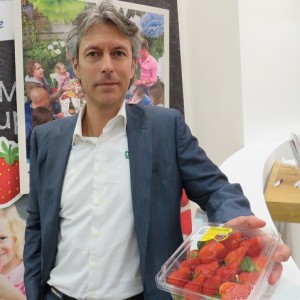
“If you look at Germany or France, these markets are now getting ready for the next stage.”
However, the amount of European households who purchase berries at least once a year still has significant room to grow.
“The market penetration is so low. For blackberries it’s around 4-5%, they’re hardly eaten, it’s almost nothing. For raspberries it varies per country but in general it is between 14-17%.
“Blueberries are big in the U.K. and Germany – in Germany it’s like 20% household penetration, but in most other markets it’s maybe between 10-15%.
“Then for strawberries it’s around 80% for the whole year, but the vast majority of strawberries are consumed in May to September, so there is so much more to do.”
He says an issue that slows progress is European supermarkets’ “fear of waste”, which despite good underlying intentions can prevent them from reaching their potential.
“Of course we don’t like to create waste in the first place so we have to make sure that they sell a lot.
Varieties through the “lens of the consumer”
Houwen says this “front-end” picture is vital for the berry trade, but Driscoll’s builds into this through its breeding programs and sourcing strategies, always “looking through the lens of the consumer”. This also involves an intention to supply berries year-round, with the exception of blackberries for the moment.
“For blackberries it’s not about delivering all year long, but more about delivering at moments when we’re able to consistently deliver a very good eating quality blackberry to the market, and to get our customers and finally our consumers connected to it,” says Houwen.
“If you look at strawberries, where we can add a lot of value is by making sure that we are growing delightful berries in Morocco, Spain and Portugal, with a focus on Driscoll’s varieties. For example, if you go to the U.K., we deliver our own varieties to that market and they’re really accepted by the retailers.
“If you go to raspberries, that’s more about are we able to make sure we are able to fulfill the demand in the market all year long – there we have varieties like Driscoll Maravilla which are very strong; with that variety we can produce starting in the north and end up in the middle part of the winter like we are now in South Africa or Morocco.”
Houwen says getting the “right variety” is also key for blueberries, where Driscoll’s has made advances in developing proprietary genetics, which lend themselves to growing evergreen plants that can be harvested bi-annually.
“We have some varieties of blueberry trees where the plants are evergreen and we can produce by the end of spring, but also have the same production at the beginning of the fall, so you have two times a year when you can produce blueberries with the same plant.
“That’s very effective for production, which is normally only 6-7 weeks…we can do it now in Portugal, and we have trials in other areas as well.”
He says this is very important to ensure a steadier and regular supply to customers. Evergreen production can be done in regions with mild winter climates to accelerate flowering in the spring, applying production practices that help maintain the previous year’s leaves and avoid dormancy.
The ultimate goal of refining these production methods is to be less dependent on sources that are further away.
“With blueberries you have to produce in Chile and Argentina, but our focus is to get more and more of that production over in Europe, to make the supply chain shorter, looking at things like sustainability.”
A global approach
Houwen says the company’s global presence in berries means it can integrate growers into different supply chains more easily. As an example, when the U.S. introduced stricter rules for the fumigation of Chilean blueberries recently, Driscoll’s was able to move more product elsewhere.
“This is the way we can both serve our customers as well as help our growers to sell their fruit,” he says.
“We are able to produce in South Africa, but if the quality does not allow us to ship the fruit to Norway, we can also move it to the Middle East and also make sure we deliver a delightful product there.”
One of the business’ more long-term strategies is to capitalize on the Chinese market, where Driscoll’s currently has raspberry production trials on a small scale.
“It is basically a test with third party varieties and local growers. We are just getting to know the market, see what’s happening there, and move forward step by step through close cooperation with the small scale growers that characterize this region. We will look per berry how it works, and then extend to other berries
In the meantime the Driscoll’s brand is already quite developed in markets like Hong Kong.
“There’s great potential there. There is an upper part of the population that is really willing to pay for products like this because they’re seeking a product with food safety behind it, high quality, and they trust an American brand.
“Within the rest of China, Driscoll’s is first focused on learning about how to produce fruit there. For the future we have to see if and how berries can be imported from other regions.”
Fresh Fruit Portal

